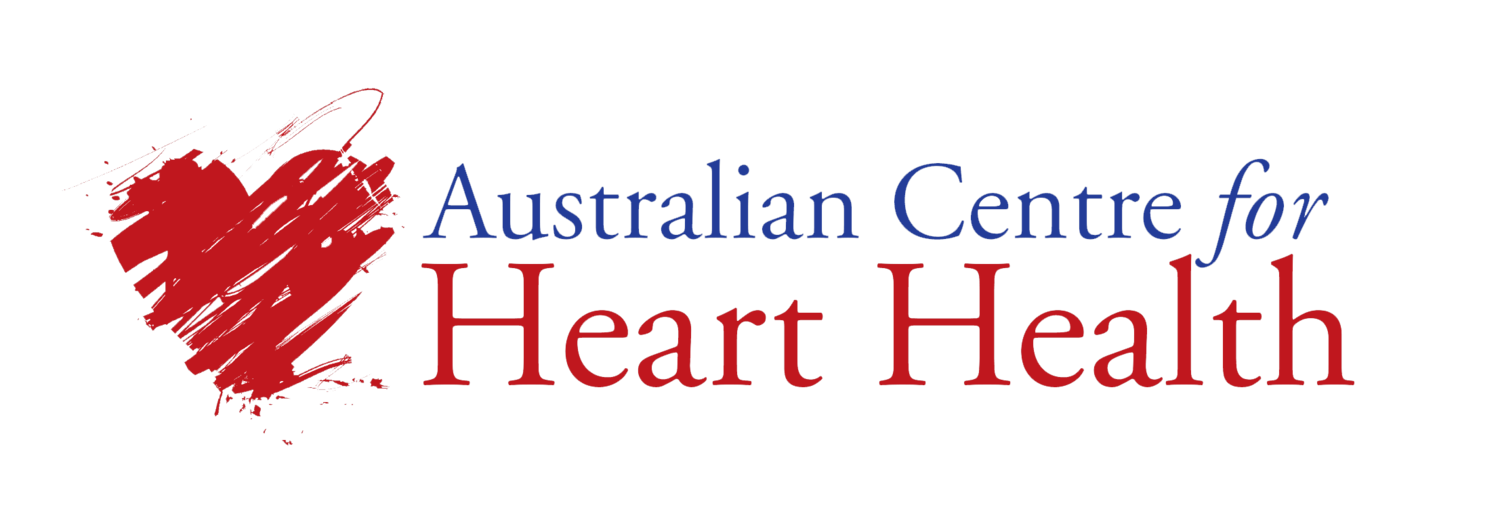Keeping active in autumn
Autumn in Australia is a beautiful time of the year, and a perfect time for being active. The days are slightly cooler and great for getting out-and-about. Being physically active helps with many physical outcomes, such as lowering blood pressure and cholesterol, helping control weight and blood sugars, improving bone health and muscle strength, as well as helping with our emotional wellbeing and social connectedness. We know though that it can be difficult to stay motivated about physical activity. That’s why we have come up with a list of tips to help keep your motivation and enthusiasm high so you can reap the benefits that come with being physically active:
Find physical activities that you enjoy. There are so many options from walking, swimming, cycling, weight training, yoga, pilates, sports, dancing, golf, group exercises…the list goes on. You are far more likely to stick with exercise that you enjoy.
Vary your physical activities. This will help keep your motivation high and allow your body and mind to experience various benefits.
If you can, be active with others (this includes dogs!). This allows us to feel more socially and emotionally connected to others and can help with motivation and maintenance of physical activity.
Set achievable goals for your physical activity. If you are just starting out or returning to an activity, start with a comfortable level and build up. If you have been doing it for a while, see if you can increase a little for added benefits.
As much as possible, work physical activity into your daily life. For some people this will involve having a routine, others might combine physical activity into their daily lives such as when commuting to work or the shops. This can really help if we are feeling time-poor.
If you experience a setback, don’t worry. These things can, and do, happen. Get back to it as soon as you can.
Try to break up your sitting time as much as possible. If some of your sedentary activities such as talking on the telephone, using screens or watching TV can be done whilst standing intermittently or lightly moving around, you will be getting many additional health benefits.
Supporting your emotional wellbeing
It is normal to experience changes in mood and emotions after a cardiac event. Some people feel sad and teary. Some feel angry and out of sorts. Some worry about how they can ever get ‘back to normal.’ This emotional rollercoaster has a name: The Cardiac Blues.
Common symptoms of Cardiac Blues include: loss of interest in usual activities; withdrawal from friends and family; getting tearful and crying easily; being ‘short tempered’; sleep problems; change in appetite; change in sex drive; confusion and forgetfulness; inability to concentrate; bad dreams and nightmares; worry about another heart event; and thoughts about death.
For most people these worries and problems go away in the first few months after the cardiac event. However, common emotional reactions can become a problem for some people and develop into depression. Depression is different from the normal emotions people experience after a cardiac event. People with depression have a profound feeling of sadness most of time and struggle to enjoy things that they have previously enjoyed.
There are things you can do to prevent and reduce depression. It is important to maintain physical activity and spend time outdoors. Continue to connect with family and friends. Do things that you enjoy and things that give you a sense of achievement. Remember, it is all about small steps.
It is ok to ask for help. Our Cardiac Counselling Clinic provides specialist psychological support for people experiencing difficult emotions after a cardiac event. For more information, please call us on 03 9326 8544.
Get involved in our research
Would you like to be part of the research studies being undertaken by the Centre?
We are currently recruiting for our Back on Track trial. Back on Track is an online support program designed to assist heart event survivors in making healthy lifestyle changes, including increasing physical activity, adopting a healthy eating pattern, quitting smoking, and looking after your emotional wellbeing. Back on Track is an ideal program to do while you are waiting to attend cardiac rehab, or even if you are currently attending or have finished cardiac rehab. The Back on Track program includes 5 online modules – you just need a computer and access to the internet. If you join our trial, you will be randomised either to do the online modules alone or to also receive one-on-one telephone support from one of our trained cardiac facilitators. You can find out more about the Back on Track trial through our website.
We are also recruiting for our Cardiac Distress Study. This study aims to understand more about the range of emotions that cardiac event survivors experience during their recovery. It is a one-off anonymous questionnaire, and only takes about 15-20 minutes to complete. You can find out more about the Cardiac Distress study through our website.
You might also like to share your ‘cardiac survivor’ story for our newsletters which are sent out to our wonderful donors. If you would like to share your story, please contact us on wellbeing@australianhearthealth.org.au and we will make a time to contact you for an interview.




